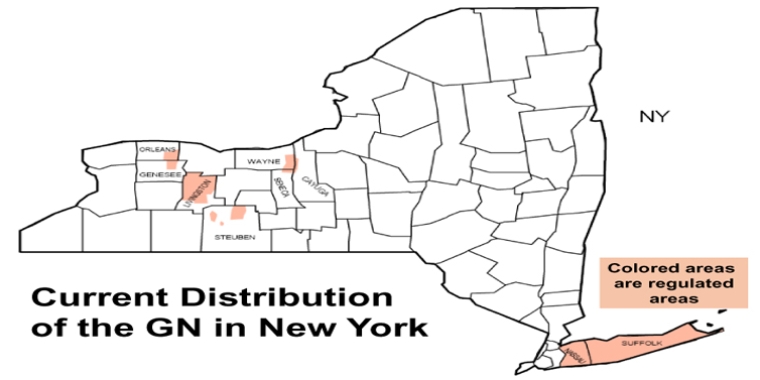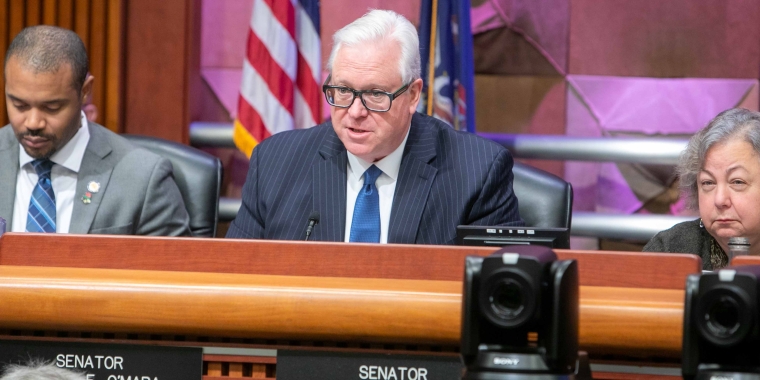
O'Mara, Cornell University officials will make important announcement on Friday for New York State's potato industry
October 13, 2016
-
ISSUE:
- agricultural economy

WHAT: State Senator Tom O’Mara (R,C,I-Big Flats) will announce $1.2 million for the nation’s only quarantine research facility for potato pest Golden Nematode
WHEN: Friday, Oct. 14, 11:30 a.m. to 12:30 p.m.
WHERE: 170 Kenneth Post Laboratory, Cornell University
VISUALS & ASSETS: A short tour will be given post-speakers of the Dimock Lab which is the facility set to be updated. Photos of the Golden Nematode and those who work on the research are available here: https://cornell.box.com/v/golden-nematode
ITHACA, N.Y. – There’s nothing golden about the Golden Nematode. Currently quarantined to eight counties in New York State, this potato pest first discovered in New York State in 1941 is so destructive and impossible to eradicate that, not controlled, it can lead to total crop failure. Additionally, the pest is so persistent in soil, living up to 30 years, that if it were to spread to other parts of the country it would compromise domestic and international trade as embargoes against any agricultural commodity that comes in contact with soil (e.g. all nursery, turf, root, and tuber crops) would be put in place.
While the collaborative effort involving Cornell University, the USDA Agricultural Research Service (ARS), the USDA Animal and Plant Health Inspection Service (APHIS), and the New York State Department of Agriculture and Markets (NYSDAM) has kept the threat at bay for the past seven decades through quarantine, regulations and developing resistant potato varieties and management plans, the recent discovery of a new race of the Golden Nematode threatens the continued success of the quarantine program.
Senator O’Mara, a member of the Senate Agriculture Committee, College of Agriculture and Life Sciences Dean Kathryn J. Boor, and others will be speaking about the $1.2 million in new state funding that will be used to update quarantine facilities, as well as the importance of the Golden Nematode Research Program to the state and beyond. The program is also funded by the USDA’s Agricultural Research Service.
Share this Article or Press Release
Newsroom
Go to Newsroom


